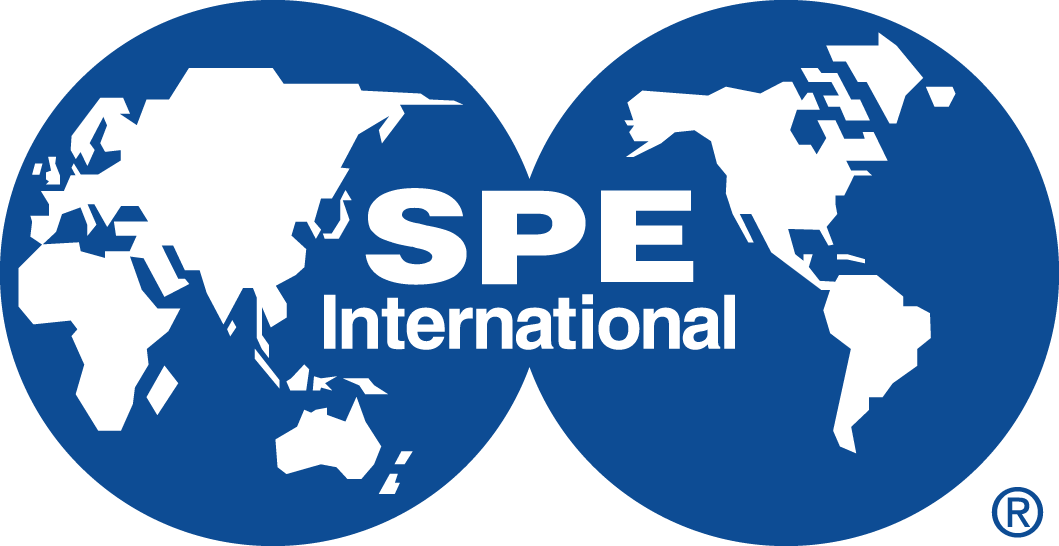INDUSTRY DIALOGUE: Industry Collaboration for Fostering Innovations in the Energy Mix
The world’s energy demand will continue to grow as populations rise globally, and the aspiration of the Global South for a better life. The world energy system is undergoing a major transition, and future energy will be a mix of different types, fossil fuel, hydrogen, solar and other new emerging sources of energies. Meeting the net zero commitment means balancing the energy trilemma: providing affordable, secure, and clean energy—a challenge that requires collective effort.
Different players in the energy sector whether it’s private sector or government legislator are adapting a variety of approaches in their energy transition journey. Despite varied strategies, all share the same objectives: carbon neutrality, circular economy and staying within planetary boundaries. Across sectors, collaboration brings together expertise, funding, and technical know-how that no single entity could achieve alone. Industries are working together to share best practices, optimise supply chains, and integrate renewable technologies, such as low-carbon hydrogen and carbon capture and storage (CCS), into their operations.
While some see Industry collaboration for the energy transition being crucial for developing sustainable solutions and achieving climate goals, others might see it as a potential challenge, offering several reasons for skepticism in the context of supporting the energy transition.
Collaboration between public and private sector could leverage expertise and assign funds and resources efficiently. However, such efforts might attract regulatory scrutiny, especially if they resemble cartel-like behavior. This can lead to legal complications and hinder progress. Industry collaboration could foster innovation hubs where companies can share technologies and best practices but collaborating too closely, they may become complacent, stifling creativity and the development of new technologies. This could also bring market manipulation where collaboration can lead to anti-competitive behavior, such as price-fixing or market control, ultimately harming consumers and thus slowing down the transition to cleaner energy. This would attract negative public perception leading to skepticism from the public, who may perceive it as a way for these companies to maintain the status quo rather than genuinely drive change.
This panel will argue that while collaboration is inevitable and essential for advancing the energy transition, it must be carefully managed to ensure meaningful outcomes. To strike the right balance, the panel will explore how to navigate these challenges while ensuring collaboration leads to fair competition, sustained innovation, and tangible results in the global energy transition. The panel will tackle the critical question: is collaboration the key to success or a myth.


)
)
)
)
)
)
)